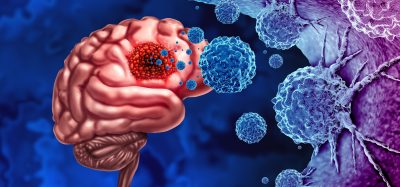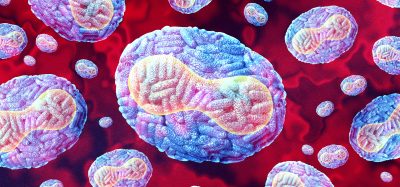New drug promotes weight loss in mice
Posted: 23 March 2023 | Izzy Wood (Drug Target Review) | No comments yet
US researchers discover compound that limits weight gain in mice with a high-sugar diet, by lowering the mitochondrial magnesium.


Researchers from the University of Texas Health Science Centre at San Antonio (UT Health San Antonio), US, have developed a small-molecule drug that prevents weight gain and adverse liver changes in mice fed a high-sugar, high-fat diet throughout life.
These findings, published in journal Cell Reports, discovered the drug by first exploring how magnesium impacts metabolism.
“When we give this drug to the mice for a short time, they start losing weight. They all become slim,” said Dr Madesh Muniswamy, Professor of Medicine in the health science centre’s Joe R and Teresa Lozano Long School of Medicine.
Biomarkers aren’t just supporting drug discovery – they’re driving it
FREE market report
From smarter trials to faster insights, this report unpacks the science, strategy and real-world impact behind the next generation of precision therapies.
What you’ll unlock:
- How biomarkers are guiding dose selection and early efficacy decisions in complex trials
- Why multi-omics, liquid biopsy and digital tools are redefining the discovery process
- What makes lab data regulatory-ready and why alignment matters from day one
Explore how biomarkers are shaping early drug development
Access the full report – it’s free!
Magnesium plays many key roles in good health, including regulating blood sugar and blood pressure and building bones. However, the researchers found that too much magnesium slows energy production in mitochondria, which are cells’ power plants.
Deleting MRS2, a gene that promotes magnesium transport into the mitochondria, resulted in more efficient metabolism of sugar and fat in the power plants. The result: skinny, healthy mice.
Liver and adipose (fat) tissues in the rodents showed no evidence of fatty liver disease, a complication related to poor diet, obesity, and type 2 diabetes.
The drug, which the researchers call CPACC, accomplishes the same thing. It restricts the amount of magnesium transfer into the power plants. In experiments, the result was again: skinny, healthy mice.
The mice served as a model system of long-term dietary stress precipitated by the calorie-rich, sugary and fatty diet. The familiar results of this stress are obesity, type 2 diabetes and cardiovascular complications.
“Lowering the mitochondrial magnesium mitigated the adverse effects of prolonged dietary stress,” said co-lead author Dr Manigandan Venkatesan, a postdoctoral fellow in the Muniswamy lab.
“These findings are the result of several years of work,” Muniswamy concluded.
“A drug that can reduce the risk of cardiometabolic diseases such as heart attack and stroke, while also reducing the incidence of liver cancer, which can follow fatty liver disease, will make a huge impact. We will continue its development.”
UT Health San Antonio has filed a patent application on the drug.
Related topics
Drug Development, Drug Discovery, Targets
Related conditions
Fatty liver disease, Obesity, Type-2 diabetes
Related organisations
Joe R and Teresa Lozano Long School of Medicine, University of Texas Health Science Centre at San Antonio (UT Health San Antonio)
Related people
Dr Madesh Muniswamy, Dr Manigandan Venkatesan








